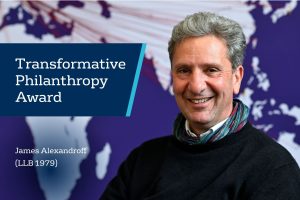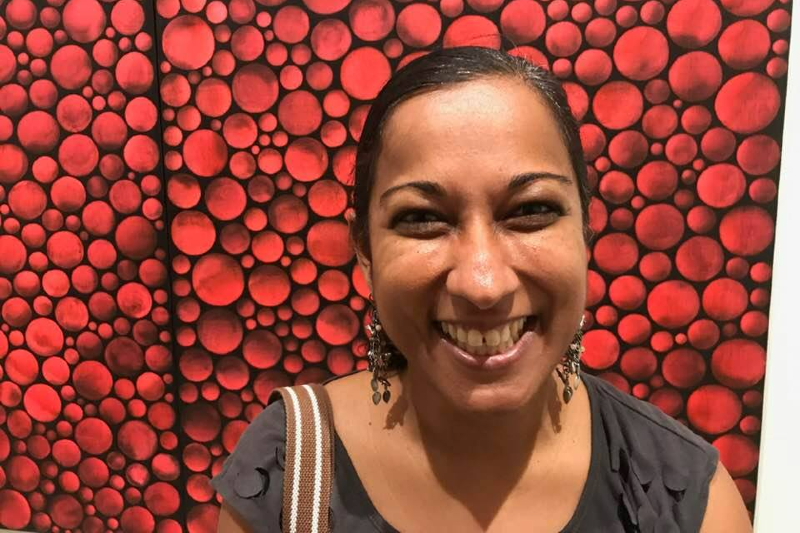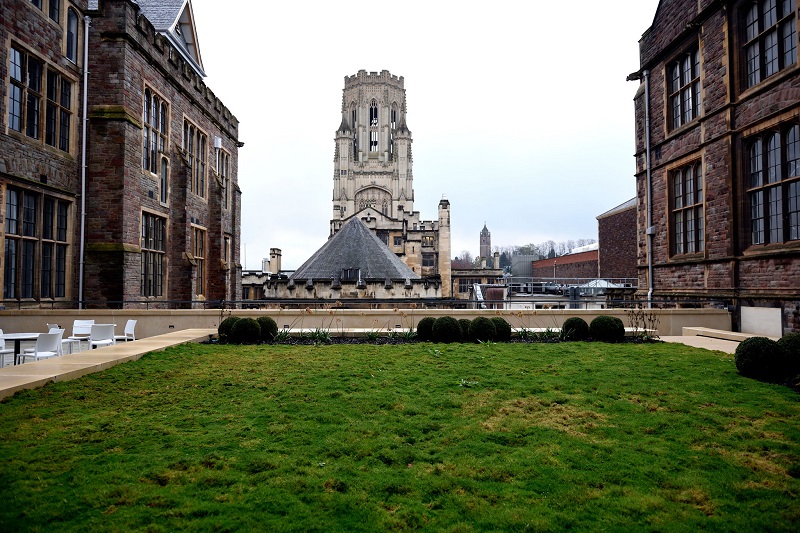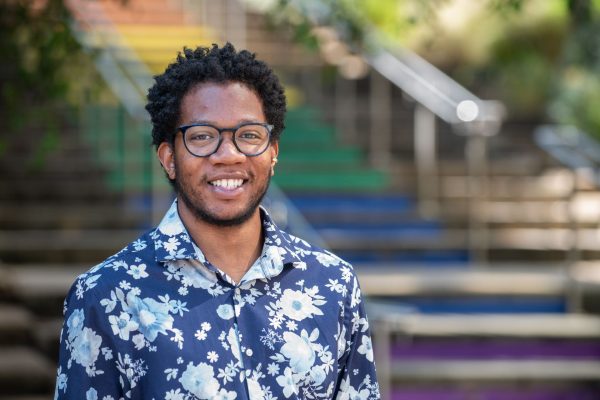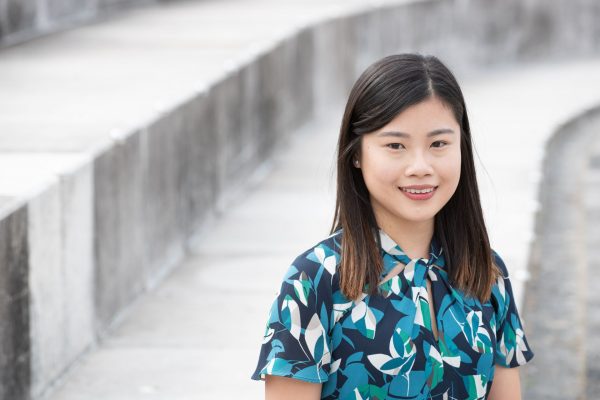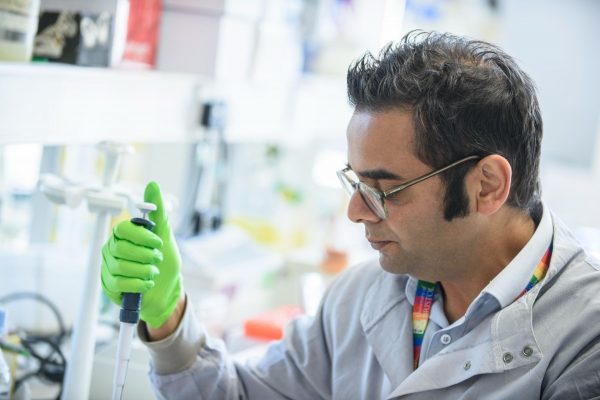
The Cabot Institute Seedcorn Fund provides vital funds to support bold and ambitious interdisciplinary climate research projects. Supported by alumni and friends, the Seedcorn Fund demonstrates the remarkable impact philanthropic support has on cutting-edge research and shows how our Bristol community is helping to change the world one step at a time.
These three amazing climate research projects were made possible through Seedcorn funding. (more…)


